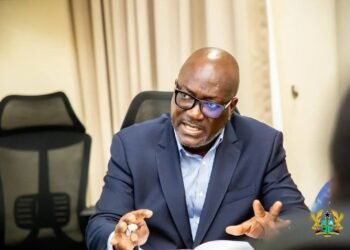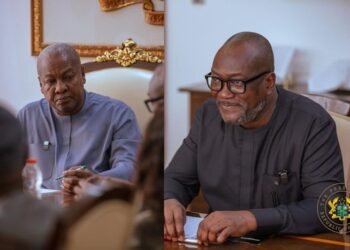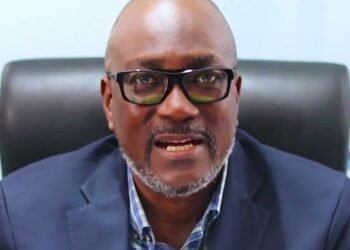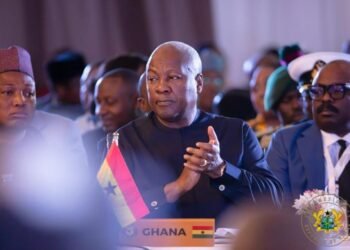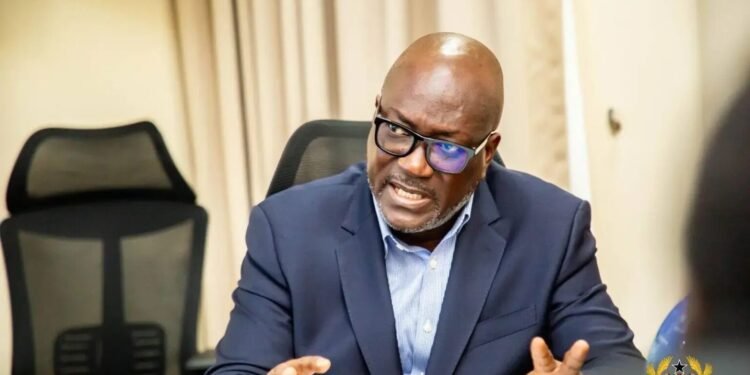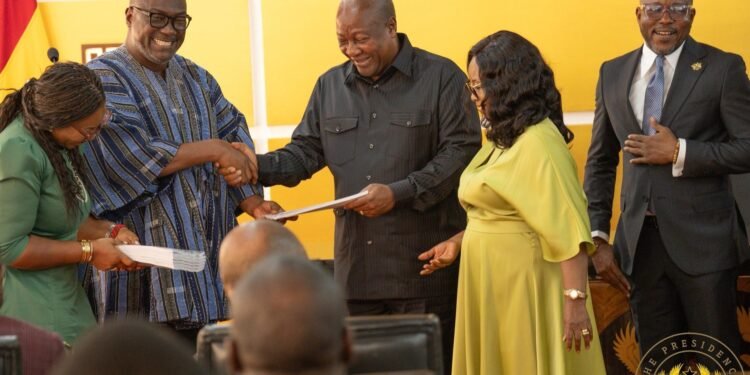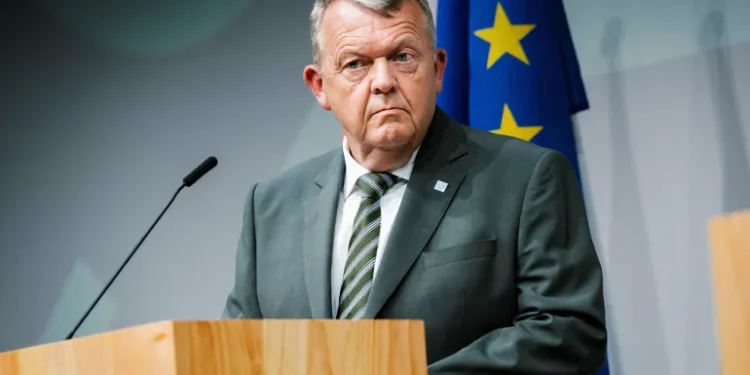The Constitution Review Consultative Committee has put forward significant recommendations for amending Ghana’s 1992 Constitution to ensure accountability, transparency, and efficiency in the administration of the country.
These recommendations, unveiled during a stakeholders’ consultation in Parliament, include imposing a tax obligation on the President’s salary, capping the number of Members of Parliament (MPs), and reducing the size of the government.
One of the most notable proposals made by the Constitution Review Consultative Committee is the recommendation to scrap Article 68(5) of the Constitution, which currently exempts the President of the country from paying taxes on his or her salaries and emoluments.
The committee argued that this exemption flouts the principles of equity and the rule of law, suggesting that requiring the President to pay taxes would set a powerful example of equality before the law.
The National Democratic Congress former Member of Parliament for Tamale Central, and seasoned legal practitioner, Inusah Fuseini highlighted this recommendation, emphasizing that the current exemption is inequitable.
“They say that it flouts equity rules, where the President receives money from the public purse and does not pay tax on his emoluments. They recommended an amendment to the Constitution to allow the President to pay tax on his earnings”.
Inusah Fuseini , Private Legal Practitioner and Former MP Tamale Central Constituency
Parliamentary Cap for Efficiency
Furthermore, the Constitution Review Consultative Committee recommended capping the size of Parliament to no more than 277 elected Members.
This proposal, the committee noted would necessitate amendments to Article 93 of the Constitution, arguing that a smaller parliament would streamline legislative processes and enhance efficiency.
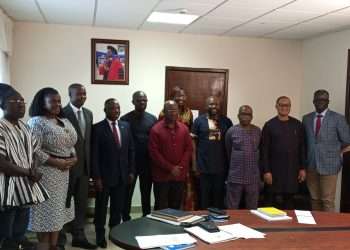
To align with its proposed cap, the Constitution Review Consultative Committee called for some consequential amendments to Article 47 to ensure that Ghana is divided into as many constituencies for the election of Members of Parliament as prescribed by the Electoral Commission (EC), but with a maximum limit of 277 constituencies.
Reducing Government Size
In addition to the parliamentary cap, the Constitution Review Consultative Committee proposed significant reductions in the size of the government.
It recommended abolishing the positions of Deputy Ministers and Regional Ministers, arguing that these roles often lead to redundancy and inefficiency.
Instead, the Constitution Review Consultative Committee recommended that the President of the country should appoint no more than 25 Ministers of State, deemed necessary for the efficient running of the government.
Streamlining Governance
The proposals according to the Constitution Review Consultative Committee aim to streamline governance and reduce excessive appointments within the executive branch of government.
It emphasized that by capping the number of ministers, the government can function more cohesively and effectively, ensuring a more manageable and focused executive branch.
These recommendations were presented during a stakeholders’ consultation held in Parliament, Accra with various stakeholders to discuss and evaluate the proposed changes.
The committee’s proposals are seen as a significant step towards reforming Ghana’s political and governance structures.
The Constitutional Review Consultative Committee was established in 2023 by the Minister for Parliamentary Affairs, Osei-Kyei-Mensah Bonsu, to review and recommend necessary amendments to the 1992 Republican Constitution.
The Committee had representatives from the National Commission for Civic Education (NCCE), the African Centre for Economic Transformation (ACET), the Commission on Human Rights and Administrative Justice (CHRAJ) and the Judicial Service of Ghana.
Other institutions are the National Development Planning Commission (NDPC), Office of the Auditor General, Attorney General and Ministry of Justice, Parliament of Ghana and the Ghana Bar Association.
READ ALSO: Stonebwoy Explains Reason for His No-show at Baba Sadiq’s SallahFest




